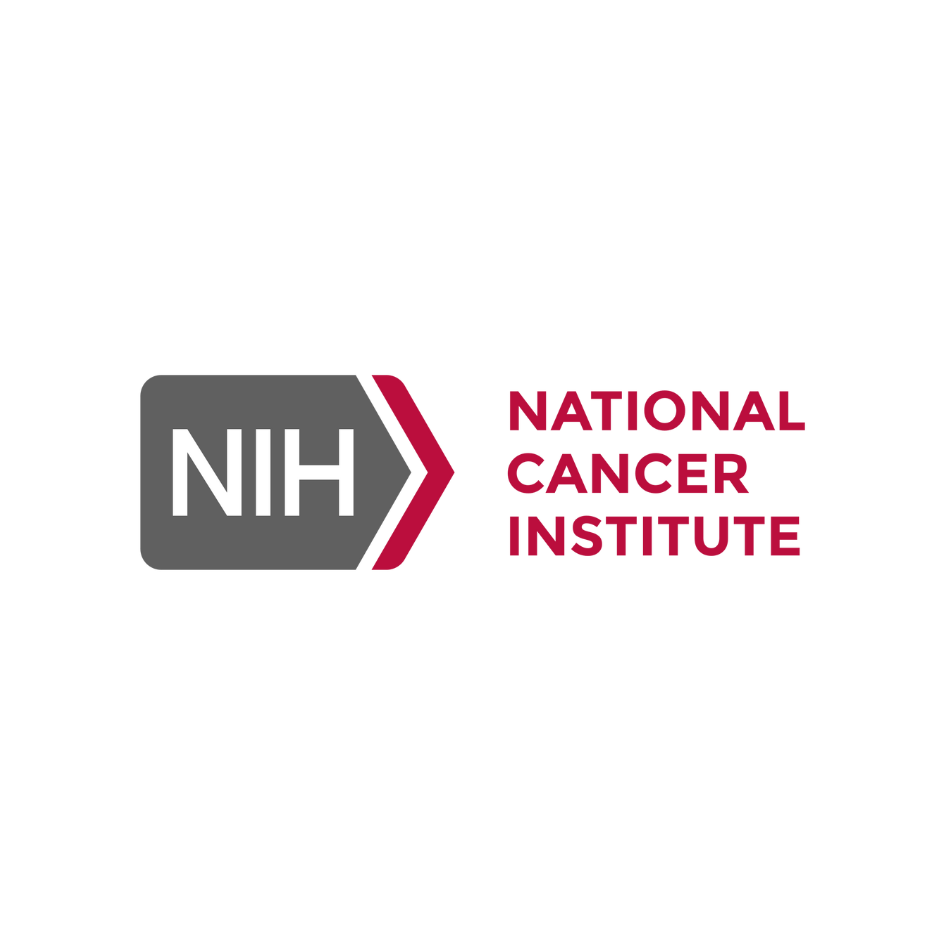Newly Diagnosed with Prostate Cancer?
start your cancer education here
If you or a loved one has been diagnosed with prostate cancer, it's important to gather as much information as possible to navigate your cancer journey effectively. At American Cancer Fund, our goal is to provide you with essential knowledge about leukemia such as symptoms, risk factors, and the latest research advancements to help you become an active participant in your care.
For information on teatments, visit our prostate cancer treatment section.
What Is Prostate Cancer?
Prostate cancer forms in tissues of the prostate (a gland in the male reproductive system found below the bladder and in front of the rectum). The prostate is a small walnut-shaped gland that produces the seminal fluid that nourishes and transports sperm. Prostate cancer usually occurs in older men.
Prostate cancer is one of the most common types of cancer in men. Prostate cancer usually grows slowly and initially remains confined to the prostate gland, where it may not cause serious harm. While some types of prostate cancer grow slowly and may need minimal or no treatment, other types are aggressive and can spread quickly.
Prostate cancer that is detected early — when it’s still confined to the prostate gland — has a better chance of successful treatment.
Prostate cancer is a disease where some prostate cells have lost normal control of growth and division. They no longer function as healthy cells.
It is important to note that not all clusters of cells growing in a mass are cancerous, and that a prostate with an irregular shape is not necessarily cancerous either. It is advisable to ask your doctor what it may be.
Feel prepared for every appointment
Carrying the right information can empower you during your cancer care journey. Use these tools to help organize this information so you can be an active participant in your cancer care.
Keep them handy for use at home and bring them along to your doctor visits and other medical appointments.



